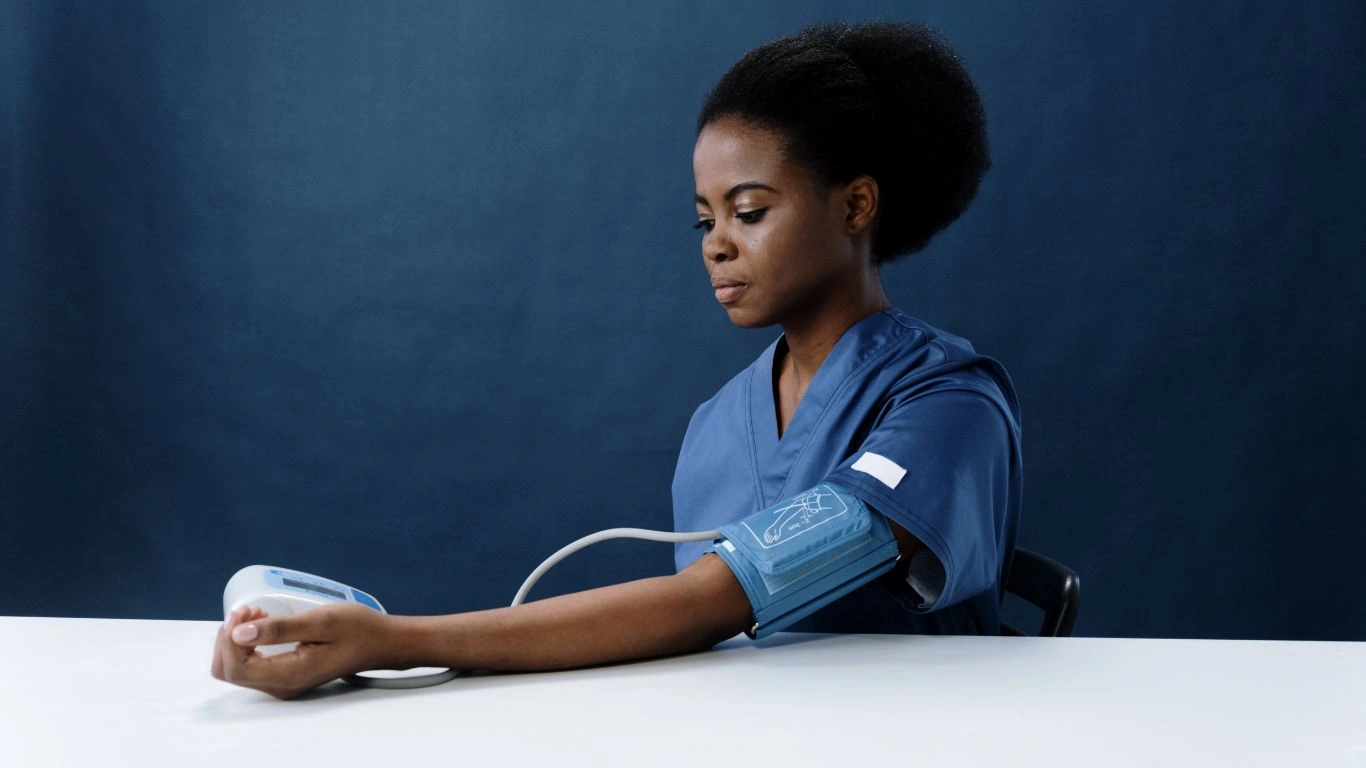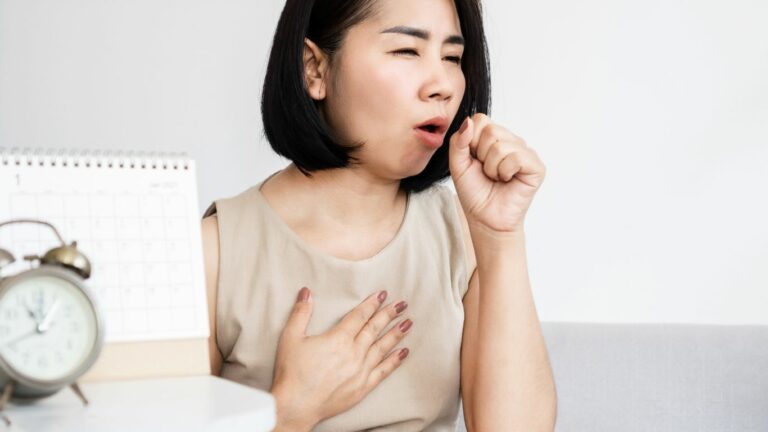Can Drinking Too Much Water Raise BP? Shocking Truth Revealed
Can drinking too much water raise BP? It’s a question I get asked surprisingly often in my practice. You’d think with all the emphasis on hydration these days — water bottles the size of toddlers, apps reminding you to sip every hour — we’d all be better off. But when it comes to blood pressure, especially in people already managing hypertension, the answer isn’t always as straightforward as “more is better.” Over the years, I’ve had several patients who were unknowingly sabotaging their BP control in the name of hydration. Let’s talk about why that happens and what you really need to know.
Understanding the Basics: How Water Impacts Blood Pressure
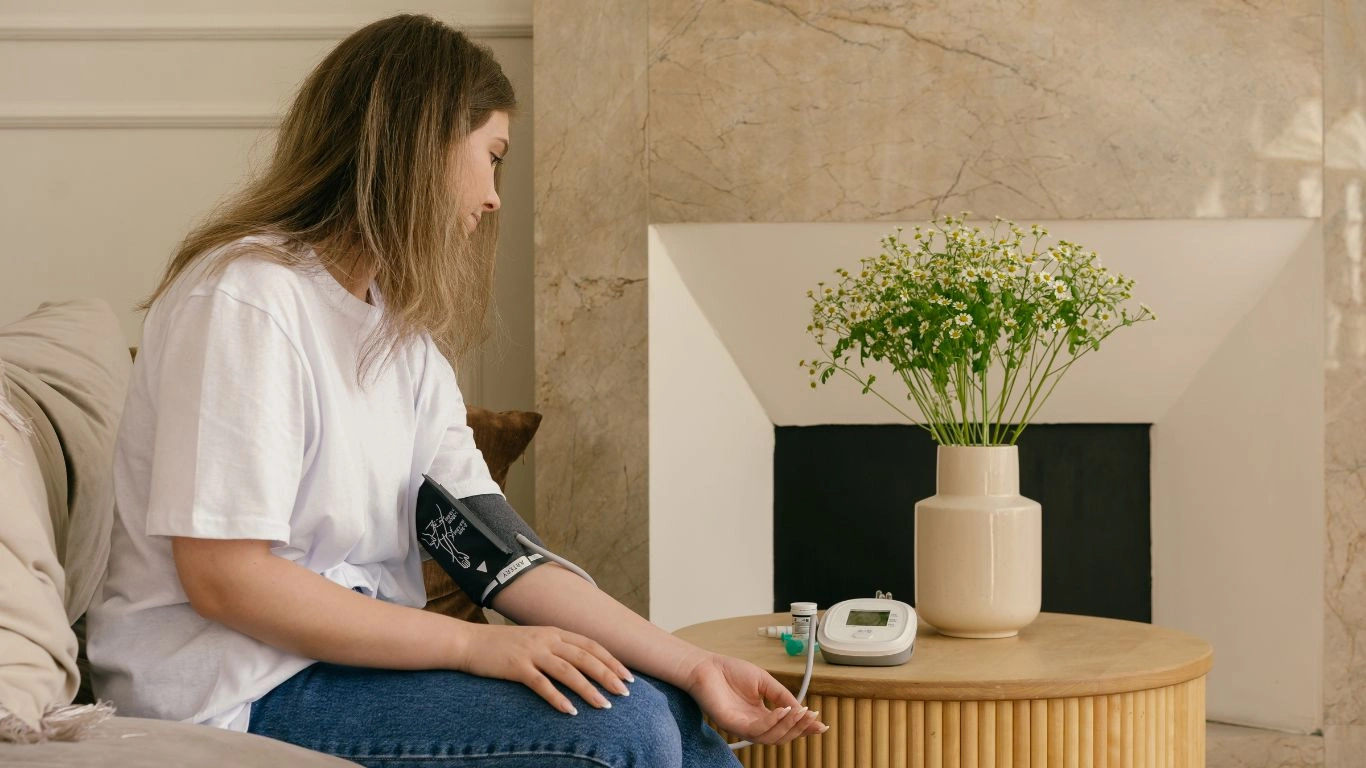
Let’s break this down. Water is essential — obviously. It helps maintain blood volume, supports kidney function, and keeps our systems running smoothly. But like anything in medicine, balance is key. Drinking a normal, healthy amount of water usually helps keep blood pressure in check. However, chugging down glass after glass — especially beyond what your body actually needs — can sometimes backfire.
The Body’s Fluid Balance System
Your kidneys are little hydration superheroes. They regulate how much water stays in your system and how much gets flushed out. But when you overwhelm them with excessive water, especially rapidly, your body struggles to maintain equilibrium.
Here’s what might happen:
- Increased Blood Volume: Extra water means more fluid in the bloodstream, which can increase the volume of blood your heart has to pump.
- Higher Pressure on Vessels: More volume can mean more pressure inside your blood vessels, particularly if your vessels are already stiff from chronic hypertension.
- Electrolyte Dilution: Drinking too much can dilute sodium levels (hyponatremia), which oddly can also trigger compensatory mechanisms that impact BP.
It’s rare, but I’ve seen a couple of patients — healthy-looking folks in their 30s and 40s — walk into the clinic with slightly elevated BP after dramatically increasing their water intake, usually because they read somewhere that “eight glasses a day is non-negotiable.” Their bodies were just trying to keep up.
Can Drinking Too Much Water Raise BP? What the Research Says
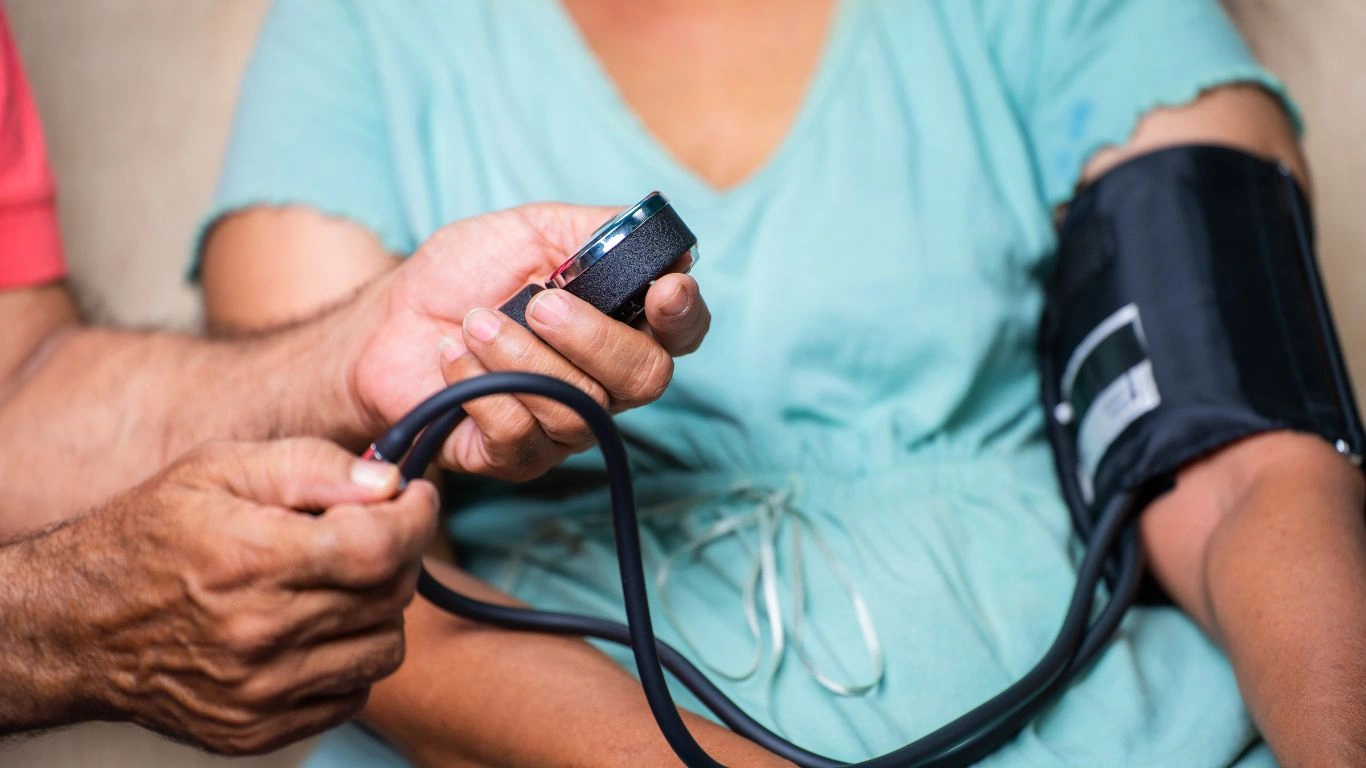
There’s not a ton of high-profile research shouting this from the rooftops, but there are studies — especially in populations with existing hypertension, heart disease, or kidney disorders — showing that water overload can affect blood pressure levels.
In fact, hypervolemia (that’s the fancy term for having too much fluid in your blood) is a known contributor to elevated blood pressure. It’s more commonly seen in people with compromised kidney or heart function, but in theory, anyone can experience a mild version of this if they overdo water intake.
Signs You Might Be Overdoing the H2O
- Persistent swelling in your legs, ankles, or hands
- Frequent, clear urination accompanied by a feeling of fullness or bloating
- Fatigue, confusion, or headaches (signs of electrolyte imbalance)
- Unexpected BP spikes, especially if you’re usually stable
To be clear: this isn’t about fearmongering water. Most people are actually not drinking enough — but the key takeaway is that your body has limits. When we go beyond what’s necessary or healthy, even something as basic as water can create problems, especially for those of us managing chronic conditions like high blood pressure.
Real Talk: Patient Stories from the Exam Room
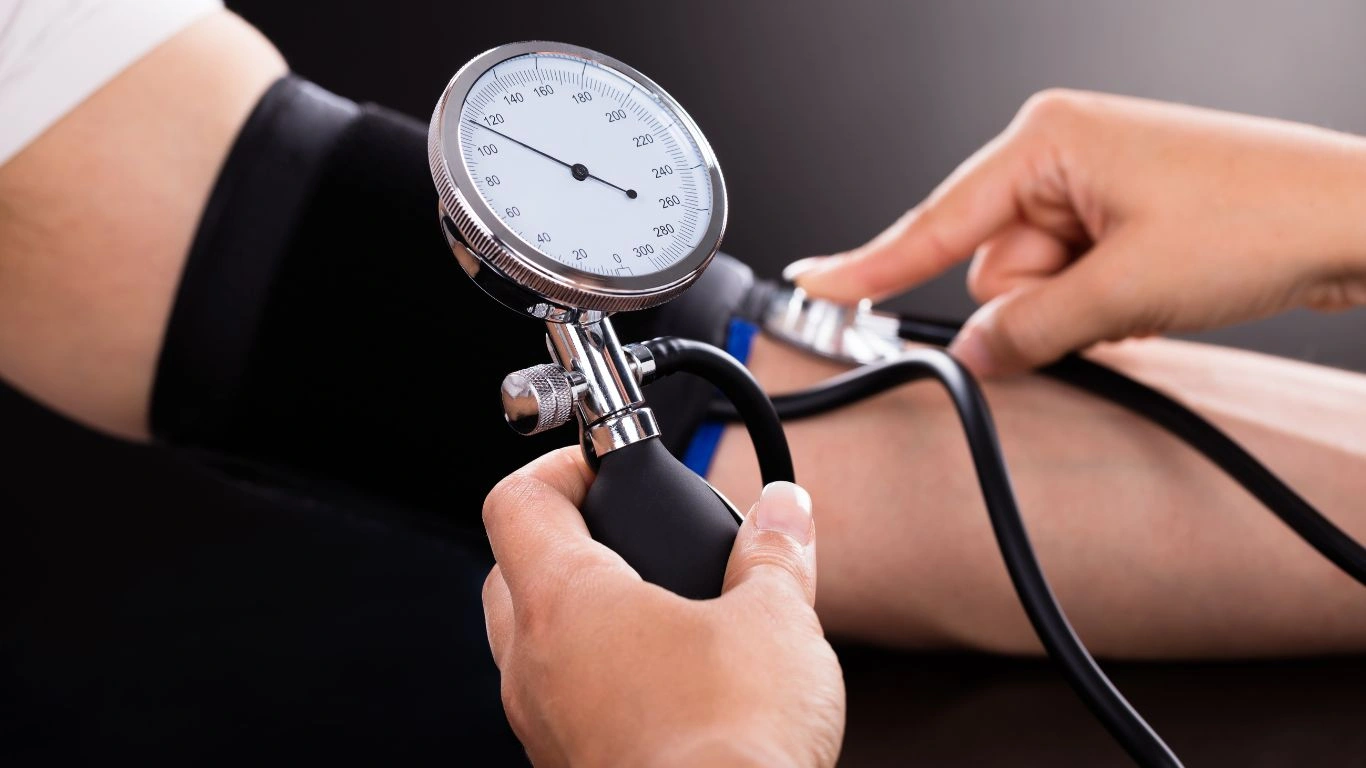
Let me share a quick one. A few years ago, I had a patient — let’s call him Mike — who was recently diagnosed with stage 1 hypertension. Super motivated guy. He completely revamped his diet, hit the gym regularly, and made it his mission to “stay hydrated.” But during a follow-up, his BP had crept up instead of down. Turned out he was drinking nearly 4 liters of water daily — not because he was thirsty, but because he thought it was the gold standard for health.
After we adjusted his intake and brought it closer to his actual needs, his blood pressure improved within weeks. No meds needed. Just a little understanding of what his body actually required.
So if you’re guzzling water all day in hopes of optimizing your BP, it might be time to reassess. It’s not just about the quantity — it’s about what your body needs in context. I’ll dive deeper into those nuances next.
How Much Water Is *Too Much* When Managing Blood Pressure?
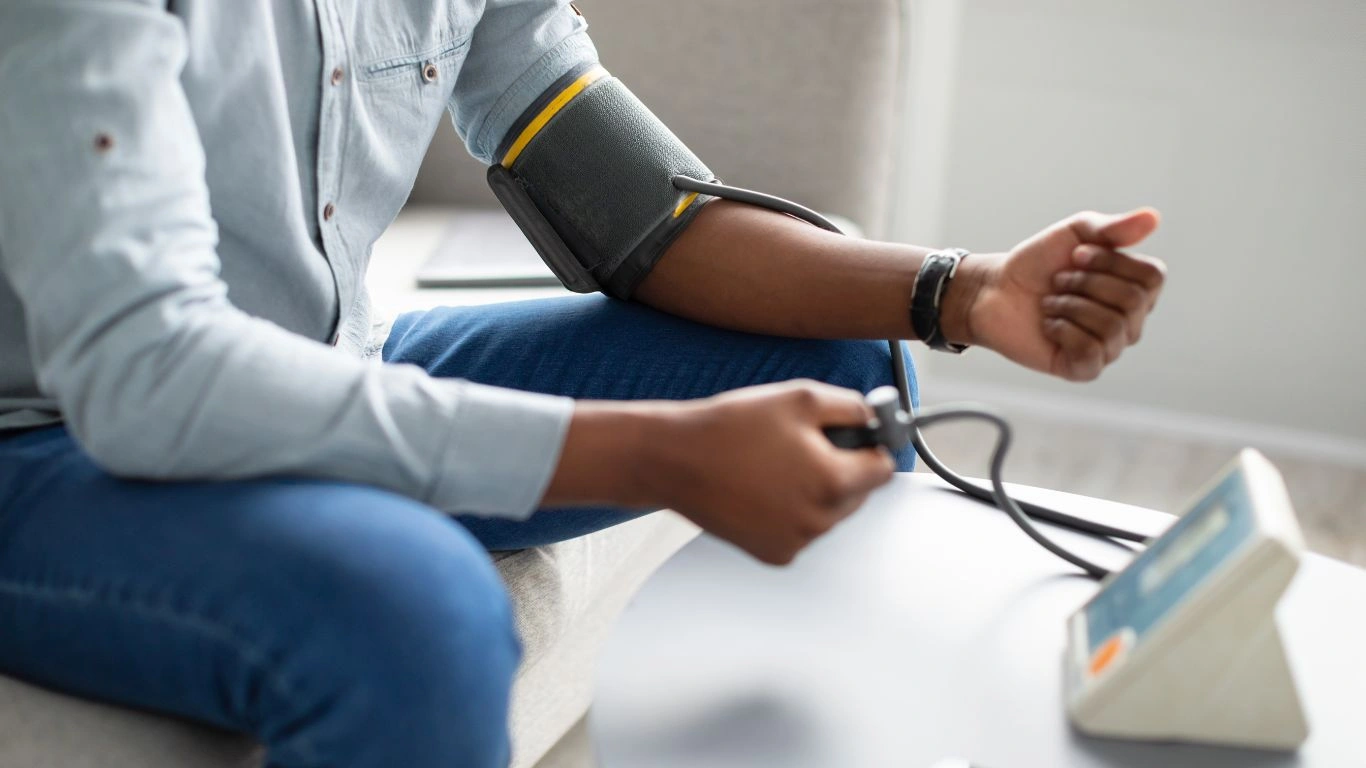
So where’s the line? How do you know when you’ve crossed from healthy hydration into overhydration territory? Truthfully, it varies. There’s no one-size-fits-all rule, especially when we’re talking about people with hypertension. I usually tell my patients that the whole “eight glasses a day” advice is… well, outdated at best, misleading at worst. That recommendation doesn’t account for body size, activity level, environment, diet, or medical conditions. And it certainly doesn’t take blood pressure into account.
As a general rule of thumb, your body gives you solid clues about how much water it needs. If you’re thirsty, drink. If your urine is light yellow, you’re probably good. But when you’re forcing yourself to drink just to hit a number — especially gallons a day — and you’ve got high blood pressure? That’s when things can get murky. Literally and figuratively.
Signs You’re Drinking the Right Amount
- You’re not frequently waking up to pee at night
- Your urine isn’t totally clear (too clear can actually signal overhydration)
- You feel energized and your BP readings stay within your normal range
- You’re not swelling up by the afternoon
Hydration should feel good — not like a full-time job. I always say: if your water bottle is starting to feel like a ball and chain, that’s a red flag.
Can Drinking Too Much Water Raise BP in Older Adults and People with Chronic Conditions?

This is where it gets really important. If you’re in your 60s or older, or if you have conditions like kidney disease, heart failure, or diabetes, your body’s ability to regulate water balance shifts. It doesn’t respond as quickly or effectively to changes in fluid volume. So, yes — in these cases, drinking too much water can absolutely raise blood pressure.
One of my patients, a 72-year-old woman with mild kidney disease and well-managed hypertension, came in with unexpected BP spikes and swelling. Turns out her granddaughter had gotten her one of those “motivational gallon jugs” with time-stamped lines and phrases like “Keep Going!” and “Almost There!” You know the ones. Well, bless her heart — she was following it religiously. Once we dialed it back and emphasized listening to her body instead of the bottle, her BP normalized again.
Medical Conditions That Can Complicate Hydration
- Chronic Kidney Disease: Slower filtration = harder time balancing fluids
- Congestive Heart Failure: The heart can’t pump efficiently, leading to fluid buildup
- Liver Disease: Can trigger water retention and altered sodium handling
- SIADH (Syndrome of Inappropriate Antidiuretic Hormone): Causes water retention even without extra intake
People with these conditions need individualized hydration plans — not trendy water challenges. If that’s you, talk to your doctor (hopefully one who knows your history well) before jumping on the hydration bandwagon.
Electrolytes Matter: Why It’s Not Just About Water
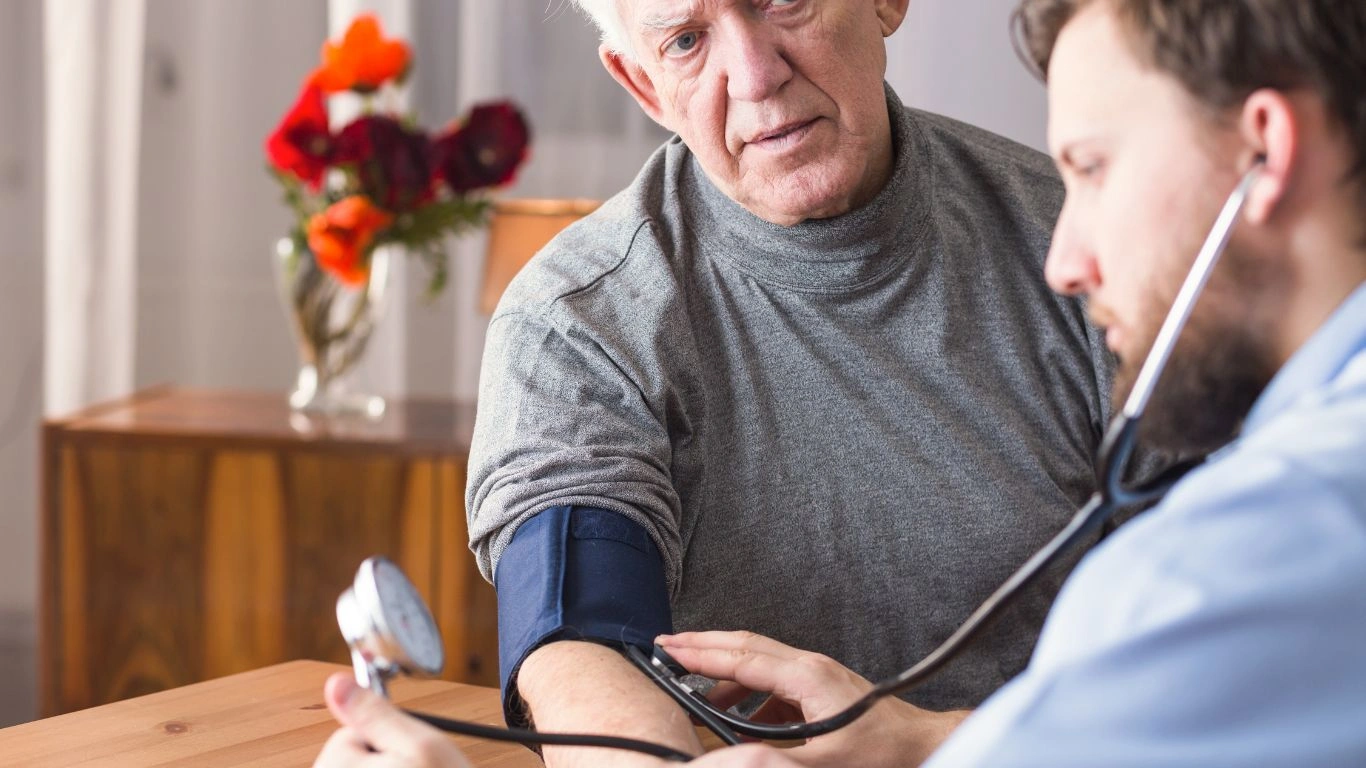
This part often gets overlooked. Water isn’t the only player in the hydration game — electrolytes are crucial too, especially sodium and potassium. When you drink too much water without balancing it with electrolytes, your sodium levels drop, a condition called hyponatremia.
Now here’s where it loops back to blood pressure. When sodium levels drop, your body goes into a mini panic mode. It may trigger hormonal responses like increased antidiuretic hormone or activate the renin-angiotensin-aldosterone system (RAAS), both of which can cause your BP to rise. It’s your body’s way of trying to “correct” the imbalance, but ironically, it can push things in the wrong direction.
I had one runner in his early 40s who came in with dizziness and spiking BP after a half-marathon. He thought he was being smart by skipping electrolyte drinks and sticking with plain water only. The result? Diluted sodium, elevated BP, and a two-day headache that wouldn’t quit. We got him rehydrated the right way and back on track — no long-term harm, but it was a lesson learned.
Smart Hydration Tips for People Managing BP
- Balance water with electrolytes, especially if you’re active
- Watch for signs of overhydration — swelling, fogginess, excessive peeing
- Avoid drinking large volumes in short periods
- Trust your thirst cues, not arbitrary water goals
- Check in with your healthcare provider if you notice BP changes
Hydration isn’t about hitting a daily target. It’s about tuning into your body, your lifestyle, and your medical conditions. Can drinking too much water raise BP? In the right (or wrong) context — yes. And for folks with hypertension, this is a conversation worth having.
Practical Hydration Tips for People with Hypertension
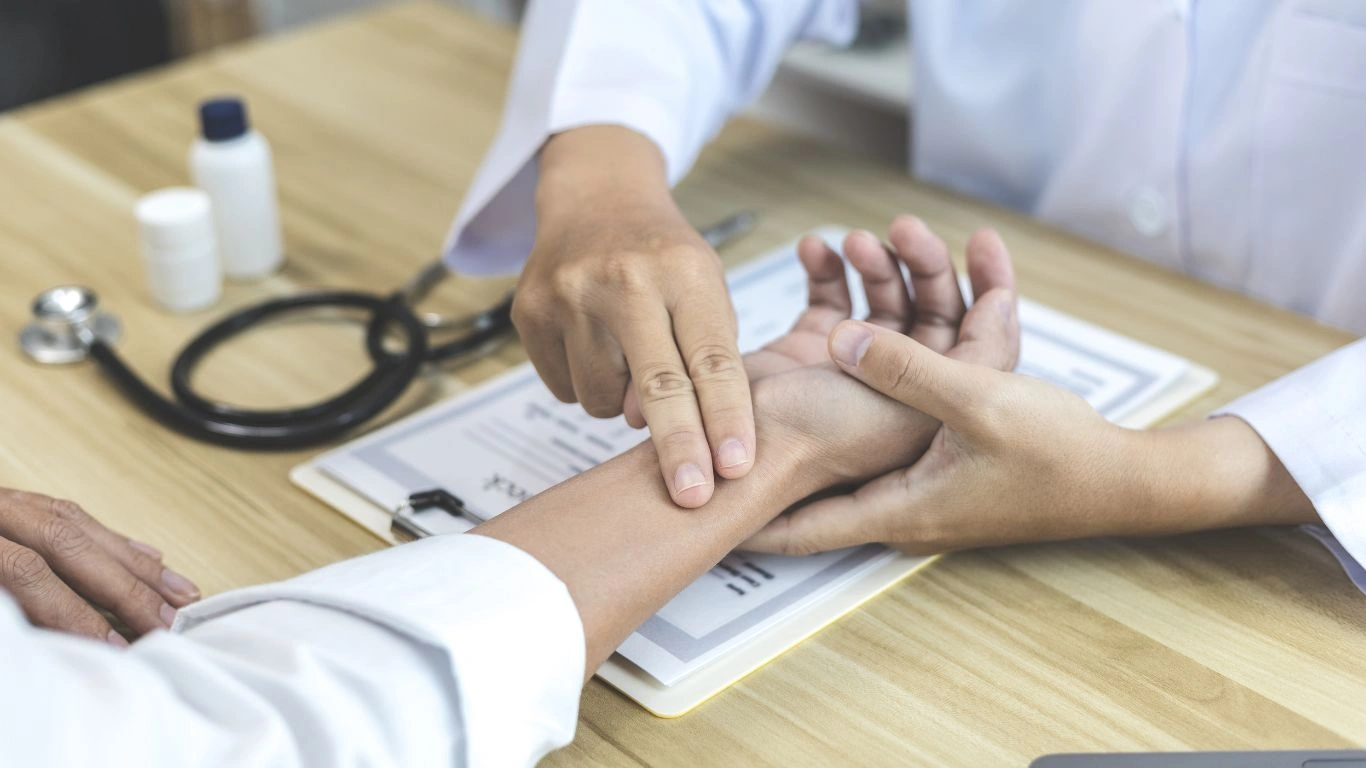
So, what’s the sweet spot when it comes to hydration and blood pressure? Based on my experience and current guidelines, moderation is key. The National Academies of Sciences recommends about 3.7 liters (125 ounces) per day for men and 2.7 liters (91 ounces) for women, including fluids from food and beverages. However, individual needs can vary based on factors like age, activity level, climate, and medical conditions.
Here are some practical tips:
- Listen to Your Body: Thirst is a reliable indicator. If you’re not thirsty, you might not need to drink more.
- Monitor Urine Color: Light yellow urine typically indicates proper hydration.
- Adjust for Activity and Climate: In hot climates or during intense exercise, you may need more fluids.
- Be Cautious with Diuretics: If you’re on diuretic medications, consult your doctor about appropriate fluid intake.
- Balance Electrolytes: Ensure you’re getting enough sodium and potassium, especially if consuming large amounts of water.
Understanding the Risks of Overhydration
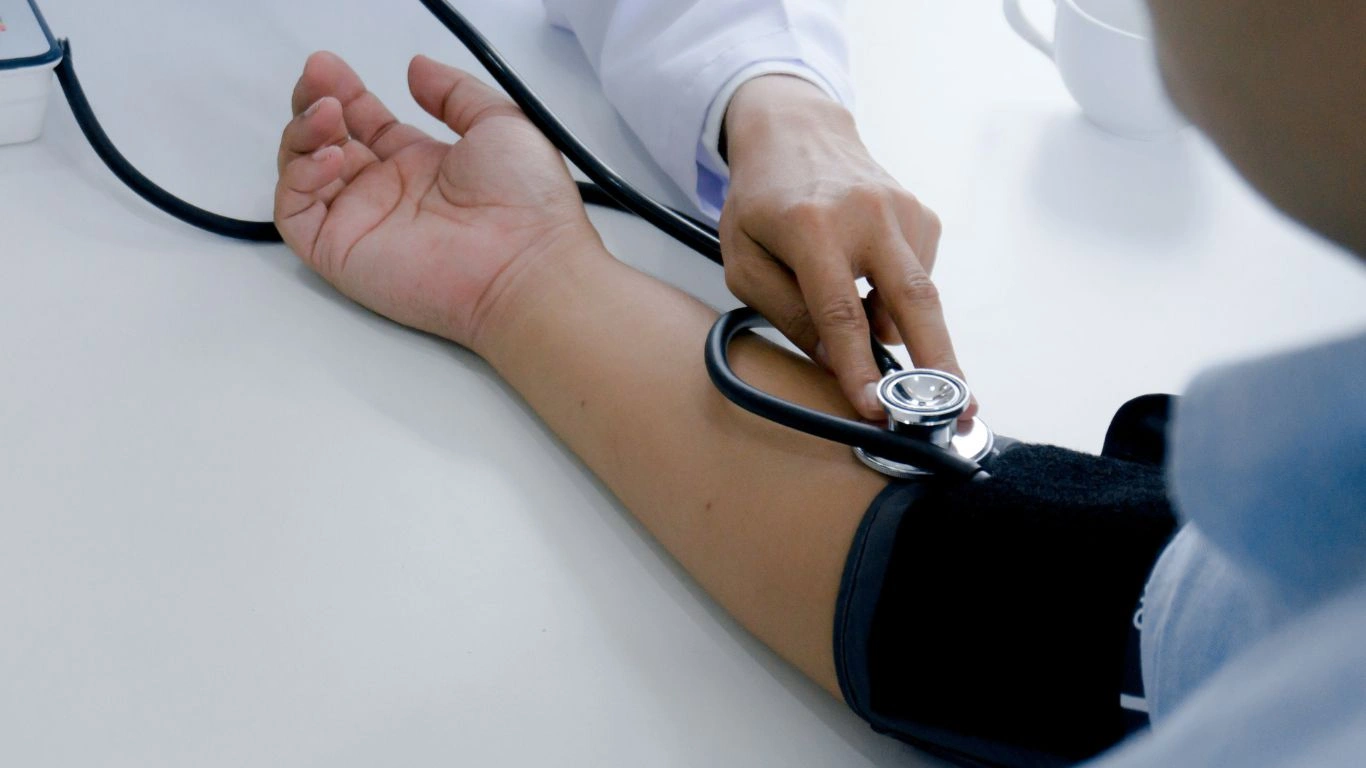
While staying hydrated is important, overhydration can lead to hyponatremia, a condition where sodium levels in the blood become dangerously low. Symptoms include nausea, headache, confusion, and in severe cases, seizures or coma. :contentReference[oaicite:24]{index=24} Overhydration can also increase blood pressure by adding extra volume to the bloodstream, making the heart work harder.
Certain populations are more at risk:
- Older Adults: Age-related changes can affect the body’s ability to balance fluids.
- Individuals with Kidney or Heart Conditions: These conditions can impair fluid regulation.
- People on Specific Medications: Some drugs, like thiazide diuretics, can increase the risk of hyponatremia.
Final Thoughts
Hydration plays a crucial role in managing blood pressure, but it’s essential to strike the right balance. Overhydration can be just as harmful as dehydration, especially for individuals with hypertension. By listening to your body, monitoring fluid intake, and consulting with healthcare professionals, you can maintain optimal hydration and support your cardiovascular health.
References
- Does Drinking Water Lower Blood Pressure? – Verywell Health
- Hyponatremia in patients with arterial hypertension
- Hyponatremia: Causes, Symptoms, Diagnosis & Treatment
Disclaimer
This article is intended for informational purposes only and does not constitute medical advice. Always consult with a qualified healthcare provider regarding your specific health needs and before making any changes to your hydration or blood pressure management strategies.

Dr. Gwenna Aazee is a board-certified Internal Medicine Physician with a special focus on hypertension management, chronic disease prevention, and patient education. With years of experience in both clinical practice and medical writing, she’s passionate about turning evidence-based medicine into accessible, actionable advice. Through her work at Healthusias.com, Dr. Aazee empowers readers to take charge of their health with confidence and clarity. Off the clock, she enjoys deep dives into nutrition research, long walks with her rescue pup, and simplifying medical jargon one article at a time.

